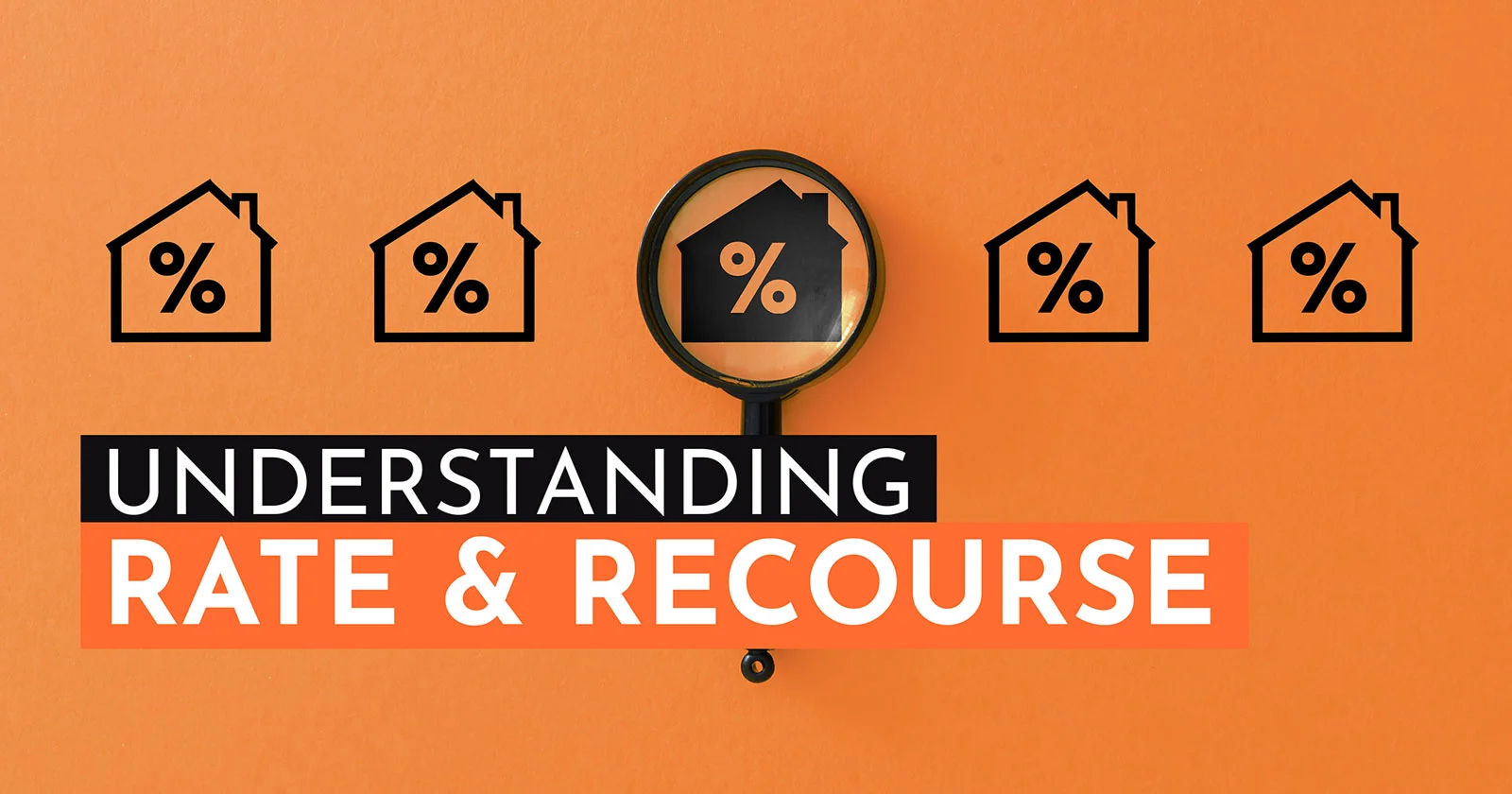When investing in new-build or fix-and-flip projects, analyzing real estate comps is a critical step to choosing and capitalizing on the right property. Unfortunately, many real estate investment newcomers don’t know how and where to find and analyze real estate comps accurately. And, with the lowest home sales nationwide in nearly 30 years (in 2024), estimating a home’s value became that much more difficult in 2025.
Luckily, CIVIC is here to help!
Below, we’ll simplify comps in real estate with definitions and explanations for beginners. Then, we’ll discuss the best ways to accurately and effectively size up real estate comps for expected ROI in 2025.
Luckily, CIVIC is here to help!
Below, we’ll simplify comps in real estate with definitions and explanations for beginners. Then, we’ll discuss the best ways to accurately and effectively size up real estate comps for expected ROI in 2025.
Real Estate Comps Meaning
Real estate property comps, or comparables, refer to similar properties in a neighborhood or area that have either recently sold, are currently on the market, or have pending sales. These comps provide a benchmark for determining how much an investment property can sell for once it is built or rehabbed based on the market for similar homes in the area.
Real estate comping helps investors determine what makes a good investment property. It is a data-driven approach to pricing and estimating several aspects of a potential investment property project, including determining:
Real estate comping helps investors determine what makes a good investment property. It is a data-driven approach to pricing and estimating several aspects of a potential investment property project, including determining:
- A purchase price;
- Renovation budget;
- And potential ROI on the investment.
These insights better equip investors to make better and more informed decisions while avoiding the risks of overpaying for or overestimating a property’s after-repair-value (ARV). However, not all comps are created equal, and investors must know where to look and how to estimate real estate comps accurately to excel in their local markets.
How Do You Find Real Estate Comps: Analyzing Sales Prices
Unfortunately, there’s no plug-and-play, one-size-fits-all real estate comps calculator. In reality, finding the right real estate comps requires adequate research and time. To find the best comps in your local market, the ideal blueprint is to look for properties that:
- Sold in the same area within the last 3-6 months.
- Have similar bedrooms and bathroom counts, square footage, and lot sizes.
Experienced investors use several reliable data sources and online marketplaces to find accurate and up-to-date comp properties and prices (Note: relying on just one source can sometimes lead to inaccurate or misleading property valuations). To get a complete, well-rounded understanding of local markets, investors should use a combination of professional tools, online resources, and expert insights, including:
- MLS (Multiple Listing Services): MLS comps are the gold standard for real estate professionals, providing the most accurate and up-to-date listings of sold, pending, and active properties.
- Local Public Records: Local government databases can provide a wealth of information regarding recently sold homes on public records, home sale data by zip codes, tax assessments, ownership history, and more.
- Real Estate Marketplaces: Online real estate marketplaces like Zillow, Redfin, and Realtor.com provide quick access to property listings, local market price trends, and easy-to-digest home value maps.
- Local Real Estate Agents: If you don’t have the credentials to access the MLS database, teaming up with a local real estate agent can help you gain access to the most accurate real estate comps in the local market.
Adjusting for Differences
If there are differences between your target investment and a real estate comp, you should make adjustments accordingly. Some of the most common adjustments to look for include:
- Renovations & Upgrades: When comparing, if a comp has an upgraded room or modern feature, you may need to deduct anywhere from $10,000-$50,000 from the estimated sales price based on the renovation (bathroom, kitchen, pool addition, etc.)–and vice versa if your investment has a remodel or upgrade that a similar comp does not.
- Square Footage & Rooms: In the US, the average cost per square foot for a home is around $224, and an additional bedroom or bathroom can increase the sales price of a home by 10-20%. So, if a real estate comp has 100 more square feet than your investment property and the local market supports a $224 average per square foot cost, you may need to subtract $22,400 ($224 x 100 sq. ft.) from your home sale estimate.
- Market Timing & Home Appreciation: Real estate markets fluctuate over time. A comp sold six months prior may not reflect the current market conditions. For example, if home prices in your market have increased 5% in the past six months, you would need to adjust your estimates 5% higher.
Investors must also consider market conditions and trends, such as market demand, seasonal fluctuations, job markets, location, and other economic conditions that may favor or hinder a target investment’s profitability.
Comparables in Real Estate in 2025
Although home sales are projected to grow in 2025, the drop in overall sales in 2024 has made it difficult for investors to use the blueprint model for real estate comps (similar properties sold within the last 90 days, within a 5-10 mile radius). Market conditions have forced investors to choose between two options–going further back in time or expanding their comp search radius.
In truth, neither alternative is wrong when implemented correctly:
In truth, neither alternative is wrong when implemented correctly:
Expanding Out
Expanding your search outward to find similar comps in the real estate market shouldn’t be about how far you go but rather where you go. Look for neighborhoods and areas with similar surroundings and market conditions. For example, if your home is in a favorable location with schools and amenities nearby, look for locations with related features nearby.
Older Comps
With a smaller market to compare to over the last 90 days, don’t be afraid to look back further–six months, a year, or even two. There’s nothing wrong with using older data if there are limited newer comps; you must simply adjust profitability estimates accordingly based on the changes in market conditions, appreciation values, and other common adjustments (as mentioned above). You can use MLS comps, public records, and online marketplaces to determine previous sale prices and gauge market changes over that time period.
At day’s end, there’s no single right way to comp real estate. As long as you use the proper tools, research methods, and adjustments, you will find the right real estate comps and get a better understanding of a target investment’s ROI potential.
At day’s end, there’s no single right way to comp real estate. As long as you use the proper tools, research methods, and adjustments, you will find the right real estate comps and get a better understanding of a target investment’s ROI potential.
CIVIC: Your Neighborhood Capital Partner
Whether you’re looking to renovate or build from the ground up, CIVIC has the financing tools and industry knowledge to help you succeed in today’s markets. Our Fix and Flip and Ground-Up Construction loan packages provide investors with:
- Flexible short-term lending options
- 12-18 month terms for rehab, 12-24 month terms for new builds
- Up to 100% of renovation or construction costs
If you’re looking to enhance your real estate comp knowledge and expand your portfolio, let the expert team at CIVIC help. CLICK HERE to schedule a FREE consultation today!
Authored by Bianca Montalvo
SEO copywriter and strategist




